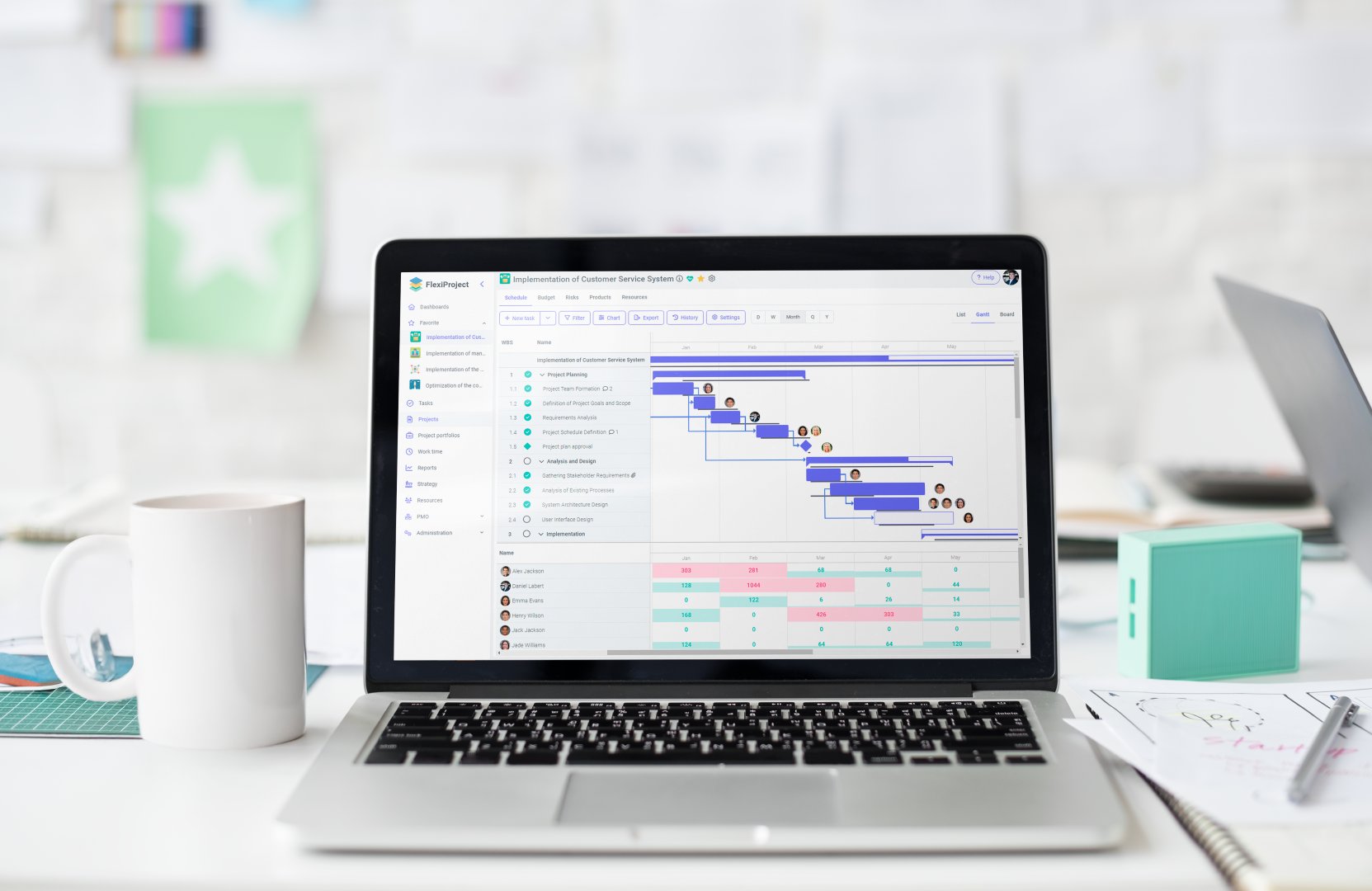In the 21st century, project management relies heavily on modern tools that streamline work across every area-from planning and budgeting to monitoring key work stages. Let’s take a closer look at how modern project management software supports businesses and what functionalities are most crucial for growth.
Project Management: Doing It Right
We can successfully liken project management to an art form, one that cannot be fully learned from books or lectures alone. It’s a dynamically evolving field where individuals responsible for leading a given endeavor must demonstrate strong leadership skills, technical competencies, and a thorough understanding of all aspects related to project methodology itself.
Does that sound like a challenge? Absolutely. Fortunately, we now have access to tools that support us in such undertakings from the very beginning – from the planning process, through real-time coordination, all the way to project finalization and review.
These project management tools equip us with a range of functions that increase efficiency, provide comprehensive control over every aspect of work, and reduce the real costs of managing the entire investment. To effectively manage projects today, these types of tools are indispensable.
Why Modern Technologies Boost Project Efficiency?
Modern technologies, and specifically project management tools in this context, are now the key to increasing the efficiency of any project, regardless of its scale, number of participants, industry specifics, or client requirements.
It’s precisely these tools that house all the functionalities crucial for success, offering everything in one place, accessible from a single, intuitive management panel.
Today, project management tools serve as the starting point, or rather the foundation, for effective coordination and collaboration among team members. FlexiProject is a solution dedicated not only to managers but also to everyone else involved in a project.
Features like an internal communicator, a Gantt chart, a project schedule, and many others allow for easy identification of difficulties, tighter collaboration, and increased productivity. Without these elements, no project stands a chance of a successful completion in today’s environment.
Project Management Software: Which Features Are Most Important?
When searching for the best project management tool, which functionalities should you pay particular attention to?
Firstly, the ability to create and group projects into “project portfolios.” This offers a tremendous benefit for companies that undertake repetitive processes, allowing them to refine their operations month after month, building upon insights from past completed projects. This is, of course, just one of many modules that contribute to increased productivity.
The ability to plan, coordinate, and allocate work using a Gantt chart is another fundamental aspect without which it’s hard to speak of effective project management software. It provides a visual roadmap, making dependencies and progress instantly clear.
It’s also worth mentioning advanced budgeting and risk management functions. These aspects are often overlooked but are incredibly important from the perspective of those working on the tasks.
Effective budgeting prevents financial overruns, while robust risk management allows teams to proactively address potential obstacles before they derail a project.
Furthermore, project management software should possess numerous features useful to the employees themselves. Here again, the Gantt chart proves its value, as does an internal communicator that boosts the efficiency of information exchange.
When looking for the right tool, considering an investment in the FlexiProject system planing is highly recommended—it will provide everything you could possibly need to deliver any project successfully.


